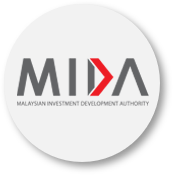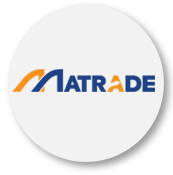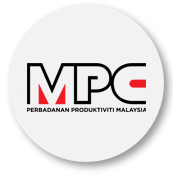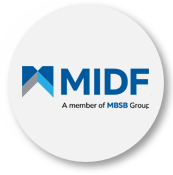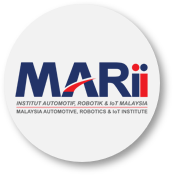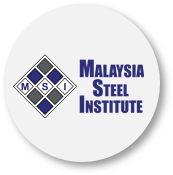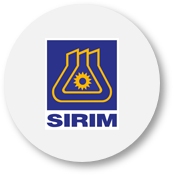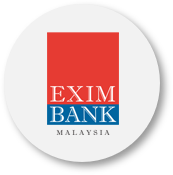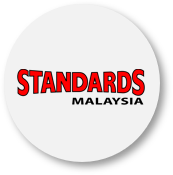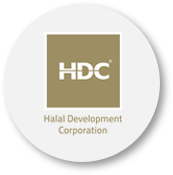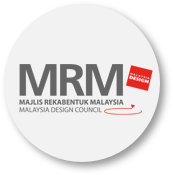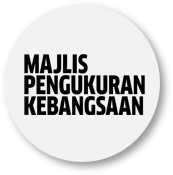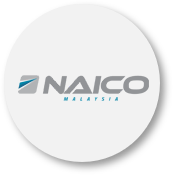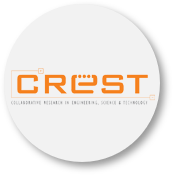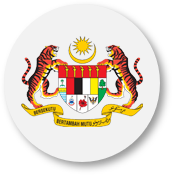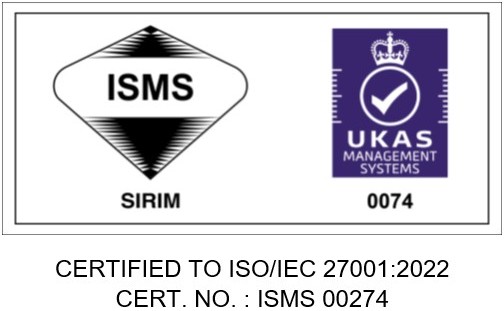BACKGROUND
-
Given the significance of strengthening East Asian economic integration, the Leaders of ASEAN and the 6 countries endorsed the Framework for RCEP and its Work Plan at the 19th ASEAN Summit in Bali in November 2011.
-
The RCEP negotiation was later launched during the 21st ASEAN Summit in Phnom Penh, Cambodia in November 2012. The Leaders agreed that RCEP shall involve broader and deeper engagement with significant improvements over existing ASEAN FTAs/CEP with these countries.
-
The stated objective of the RCEP is to achieve a modern The RCEP is participated by ASEAN, China, Korea, Japan, India, Australia and New Zealand. The RCEP is ASEAN led. Besides the RCEP, negotiations are on-going for two other major trade initiatives – TPP and Transatlantic Trade and Investment, comprehensive, high-quality and mutually beneficial economic partnership agreement among RCEP members.
-
Based on current data, RCEP will create an alliance of a region populated by more than three billion people, with a combined GDP of more than US$17 trillion and over 40% of the world trade.
-
The RCEP is ASEAN led. The RCEP aims to achieve a modern, comprehensive, high-quality and mutually beneficial economic partnership agreement among RCEP members The RCEP aims to bring together the 16 countries into a huge cohesive economic partnership with emphasis to promoting inclusive and equitable growth. It aims to streamline and integrate the ASEAN+1 FTAs into a single and more coherent trade and investment architecture in the region.
SCOPE
-
The RCEP will cover:
-
Trade in Goods;
-
Trade in Services;
-
Investment;
-
Economic and Technical Cooperation;
-
Intellectual Property;
-
Competition;
-
Dispute Settlement; and
-
Other issues agreed by RCEP parties.
PROGRESS
-
The negotiations for RCEP commenced in 2012. To date, 6 Rounds of RCEP negotiations have been held Brunei Darussalam (9-13 May 2013); Australia (23-27 September 2013); Kuala Lumpur, Malaysia (20-24 January 2014); Nanning, China (31 March - 4 April 2014); Singapore (21-27 June 2014) and the 6th Round in New Delhi, India (1-5 December 2014).
-
The RCEP participating countries envisage that negotiations will be completed by the end of 2015 similar to ASEAN Economic Community end date for implementation. The RCEP conclusion is one of Malaysia's priorities during its Chairmanship of ASEAN in 2015.
-
A unique feature of Agreement is that other countries may join after the conclusion and implementation of RCEP by the original 16 participating countries.
-
Malaysia is the Chairman of WG on Trade in Services under RCEP. The complete list of countries chairing the negotiating group is as follows:
WG/SWG |
Origin Country of Chairman |
WG Goods |
Singapore |
WG Services |
Malaysia |
WG Investment |
Vietnam |
WG ECOTECH |
Indonesia |
WG IPR |
Singapore |
WG Competition |
Singapore |
WG Dispute Settlement |
Brunei Darussalam |
SWG ROO |
Thailand |
SWG CPFT |
The Philippines |
SWG STRACAP |
Thailand |
SWG SPS |
Indonesia |
-
While good progress is seen in the negotiations, there is still a need to enhance the momentum for negotiations especially in the core areas of Goods, Services and Investment.
BENEFITS TO MALAYSIA
-
The RCEP will allow a more comprehensive economic integration within the region. This is important to strengthen Malaysia's foothold as a trading nation. In 2013, Malaysia trade to the RCEP parties covers 63.24% (USD434 billion) of the nation's global trade.
-
The RCEP also aims to simplify and harmonized the current ASEAN+1 FTAs. Currently ASEAN+1 FTAs implement different rules and procedures. This has resulted in difficulties to utilize the FTAs especially for SMEs. Through better governance and risk management, the RCEP is envisaged to create a more conducive business environment.
-
Integration of business in the region through the global supply chain will increase the regions attractiveness as an investment destination. The involvement of India and China in RCEP will allow better access to these markets. These developing economies offers huge potential for Malaysian businesses can tap into opportunities provided through the FTA.
All queries and further clarification regarding RCEP should be forwarded to: allasean@miti.gov.my |
Download
Last Updated 2015-05-14 11:59:47 by admin2







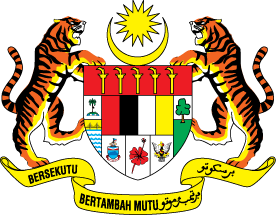





 Home
Home








